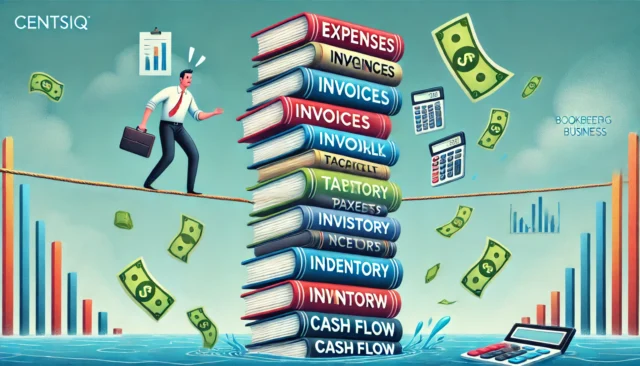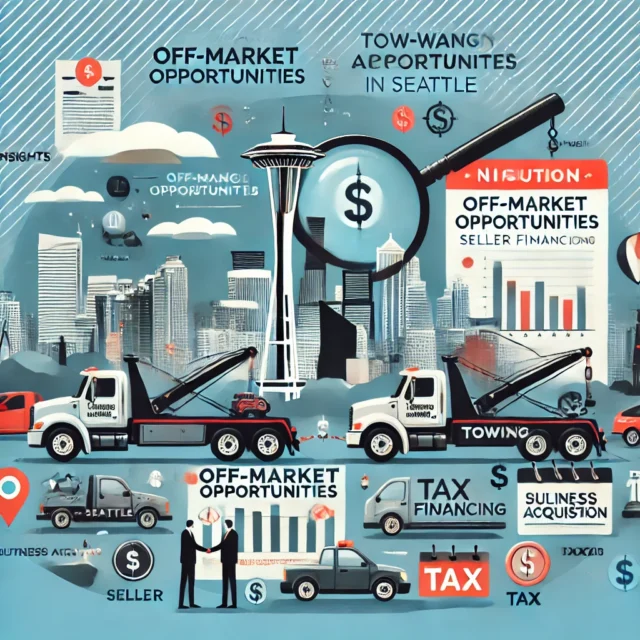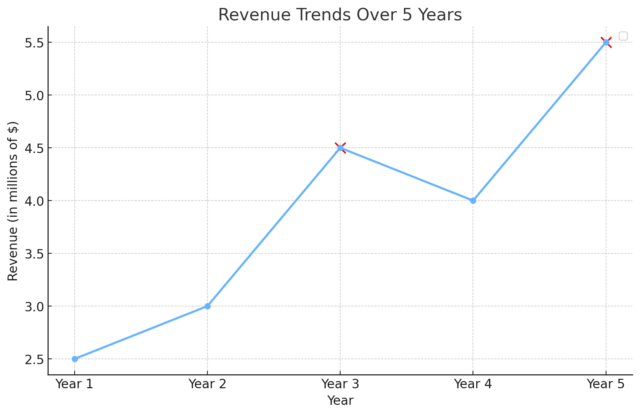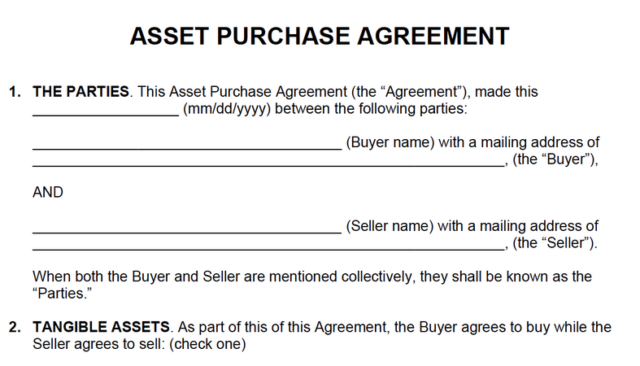Table of Contents
- 1 Importance of Employee Introduction Before Business Acquisition
- 2 The Timing Tightrope
- 3 The Confidentiality Conundrum
- 4 The Performance Profile Powerplay
- 5 Prioritizing Your People Power
- 6 The Third-Party Trick
- 7 Communication is Key
- 8 The Cultural Equation
- 9 Tech to the Rescue
- 10 Measuring Your Success
- 11 The Long Game
- 12 When Things Go Sideways
- 13 The Seller’s Crystal Ball
- 14 Wrapping It Up
Importance of Employee Introduction Before Business Acquisition
You just signed an LOI with the seller and want to meet their right-hand person. Since it’s a small team, any change can be disruptive. The seller, however, doesn’t want to alarm employees until the acquisition is finalized.
Employee introduction before a business acquisition can make or break your success. It’s not just a formality; it’s the foundation for your future. Let’s explore how to handle this crucial process effectively.

The Timing Tightrope
First things first: when should you start the employee introduction before business acquisition? It’s a tricky balance, folks. In an ideal world, you’d do it before the deal closes. But we don’t live in an ideal world, do we?
Here’s the deal: if employees already know the business is for sale, you’ve got more wiggle room.
But if they’re in the dark, you’re walking on eggshells. Why? Because in a small team, losing even one or two key players could tank the whole operation. Remember, meeting key employees without a binding commitment is a big ask.
You’re essentially asking the seller to risk their livelihood so you can save a few bucks on due diligence. Put yourself in their shoes for a moment. If you make introductions and the deal falls apart, you’ve got a rumor mill on your hands that could destabilize the entire company.
The Confidentiality Conundrum
So, what’s the solution? The best approach is to wait until you’re close to signing the Purchase Agreement. This way, you’re minimizing risk while still getting a chance to meet key players before you’re fully committed.
But here’s a pro tip: even if you can’t meet employees directly, there are ways to get the intel you need.
The Performance Profile Powerplay
One strategy that’s worked wonders for me is creating a performance profile for every single person in the company. Here’s how it works:
- Work closely with the seller to understand their perspective on each employee.
- Gauge how vital each person is to the long-term operations of the company.
- Create detailed profiles including skills, strengths, and growth areas.
This approach gives you a bird’s-eye view of the human landscape you’re about to inherit. It’s like having a secret map of the organization’s talent topology.
Prioritizing Your People Power
Once you have these profiles, you can strategically allocate your relationship-building efforts. Focus on the most critical team members first. This might involve:
- Scheduling one-on-one meetings as soon as possible after the deal closes
- Including them in early strategic discussions
- Offering growth opportunities right out of the gate
By investing in these key relationships early, you’re setting the stage for a smoother transition and increased buy-in from influential team members.
The Third-Party Trick
Here’s another ace up your sleeve: hire a third party to interview everyone on the team. This external assessment is gold for several reasons:
- It provides an unbiased view of team dynamics.
- Employees often feel more comfortable sharing concerns with a neutral party.
- You get a pulse on overall sentiment about the company and the acquisition.
The real magic happens when you combine this with your performance profiles. By matching potential discontent to your “critical” people, you can sniff out hidden risks and address them proactively.
Communication is Key
Throughout this process, clear communication is crucial. Be as transparent as possible without jeopardizing the deal. If there are going to be changes, say so. If you don’t know something, admit it. Employees appreciate honesty, even if the news isn’t always sunshine and rainbows.
The Cultural Equation
Don’t forget about culture! If you’re acquiring a company with a different vibe, be mindful of this during your employee introduction before business acquisition. What works in your company might fall flat in theirs.
Tech to the Rescue
In today’s digital age, leverage technology for your employee introduction before business acquisition. Virtual town halls, video messages, and online Q&A sessions can be lifesavers, especially if you’re dealing with a geographically dispersed workforce.
Measuring Your Success
How do you know if your employee introduction before business acquisition hit the mark? Keep an eye on these metrics:
- Employee retention rates
- Productivity levels
- Employee satisfaction scores
- Integration milestones met
Track these before and after your introduction to gauge its effectiveness.
The Long Game
Remember, employee introduction before business acquisition is just the opening act. To truly succeed, you need to focus on long-term engagement. Regular check-ins, integration workshops, and celebrating early wins are all part of the playbook.
When Things Go Sideways
Even with the best-laid plans, things can go awry. In one of my acquisitions, we had two people leave because they had “bad experiences with takeovers.” It happens. But here’s the silver lining: sometimes these departures can be blessings in disguise, making room for fresh talent that aligns better with your vision.
The Seller’s Crystal Ball
One massive advantage you can have (but can’t always count on) is a seller with spot-on personnel assessments. In my last acquisition, the seller’s evaluations were so accurate that they still held water two years later. If you’re lucky enough to work with a seller who faithfully represents everything going on in the company, count your blessings!
Wrapping It Up
At the end of the day, successful M&A isn’t just about crunching numbers. It’s about people. By nailing your employee introduction before business acquisition, you’re not just saying hello – you’re laying the groundwork for long-term success.
Remember, your employees are your most valuable asset. Treat them with respect, be transparent, and focus on building trust.
Do this, and you’ll be well on your way to M&A success. So, the next time you’re eyeing an acquisition, don’t skimp on the employee introduction before business acquisition. It might just be the secret sauce that makes your deal sizzle!
Want to turn these insights into action for your business? Check out CentsIQ for professional bookkeeping, fractional CFO services, advanced analytics, and more.







